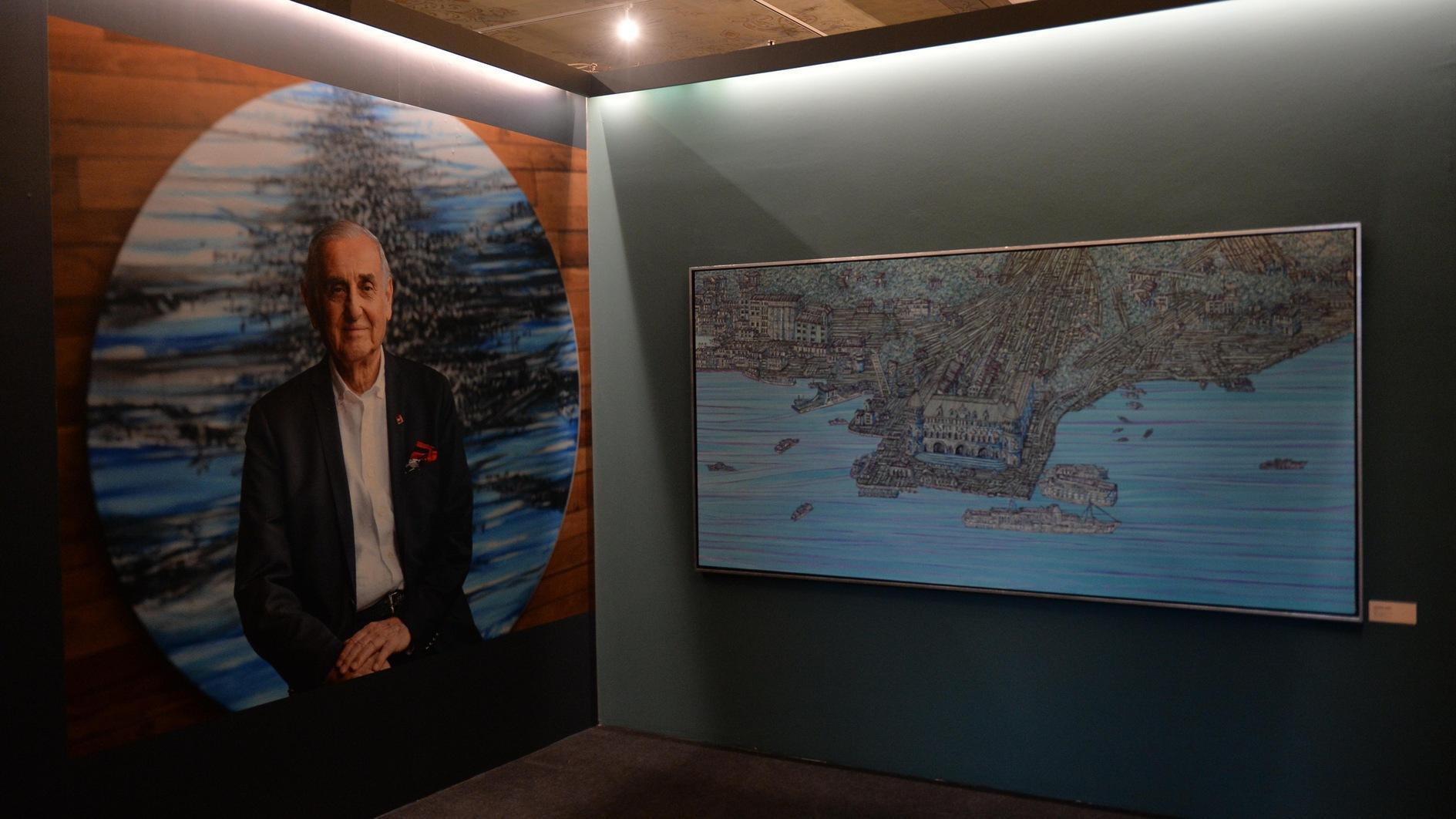How can Turkey make a difference as head of G-20?
The closing panel of the World Economic Forum’s meeting on Sept. 28 to 29 in Istanbul, called the “Special Meeting on Unlocking Resources for Regional Development,” will be about Turkey assuming the role of the presidency of the G-20.
Turkey’s presidency is not a topic much on our agenda in the middle of the presidential elections and the recent events developing in the Middle East. Still, Turkey will take the presidency of G-20 from Australia as of Dec. 1, 2015.
While we are not debating what Turkey should do or not do during its presidency, there are, thank God, some who have been speaking about it. One of them is economist Jeffrey Sachs, president of the Earth Institute at Columbia University, who delivered a speech in Istanbul last June.
Sachs, who is also the director of United Nations Sustainable Development Solutions network, had voiced the view that Turkey could bring environmental issues to the agenda during its presidency.
I wish I could tell him "wishful thinking." While Turkey turns a blind eye to the damage it inflicts on nature in a rush to control its energy issue and put billions of dollars in “crazy” construction projects in Istanbul, it is fanciful to ask Turkey to talk about the environment during its G-20 presidency.
I came across more realistic proposals in the magazine “Perspectives,” published in Turkey by Heinrich Böll Stiftung, which follows the G-20 presidential process closely.
The article that asks “how Turkey’s presidency will make a difference” proposes that Turkey, as a country that has registered improvement in its economy after an economic crisis and economic reform processes, should prepare an agenda where it can share its experiences.
Another proposal is this: As a country that is developing, Turkey can act as the voice of the developing world during its presidency, by making decisions and finding solutions to problems at the G-20 leadership level.
The article argues that Turkey can act as the voice of the Middle East, which has so far not been able to attract global attention on the G-20 platform. It also proposes that Turkey invites regional countries and local organizations to summits that it organizes as both the host country and a regional country.
The magazine’s proposal about the Middle East is an important point. The economic problems of the Middle East are being debated in the World Economic Forum’s (WEF) regional meetings in Jordan and the Red Sea. I have participated frequently in the regional meetings of WEF and witnessed many times how economic problems, such as unemployment, have been debated. But in the Middle East politics always weighs more than economics, as solutions are never debated and implemented.
Meanwhile, clues as to how Turkey wants to make a difference as G-20 president were given to me by Deputy Prime Minister Ali Babacan, with whom I had a chance to talk at the G-20 meetings of finance ministers and central bank governors in Sydney.
Today, it is debated whether Turkey will bring the Middle East issue to the agenda through its politics rather than economics.











